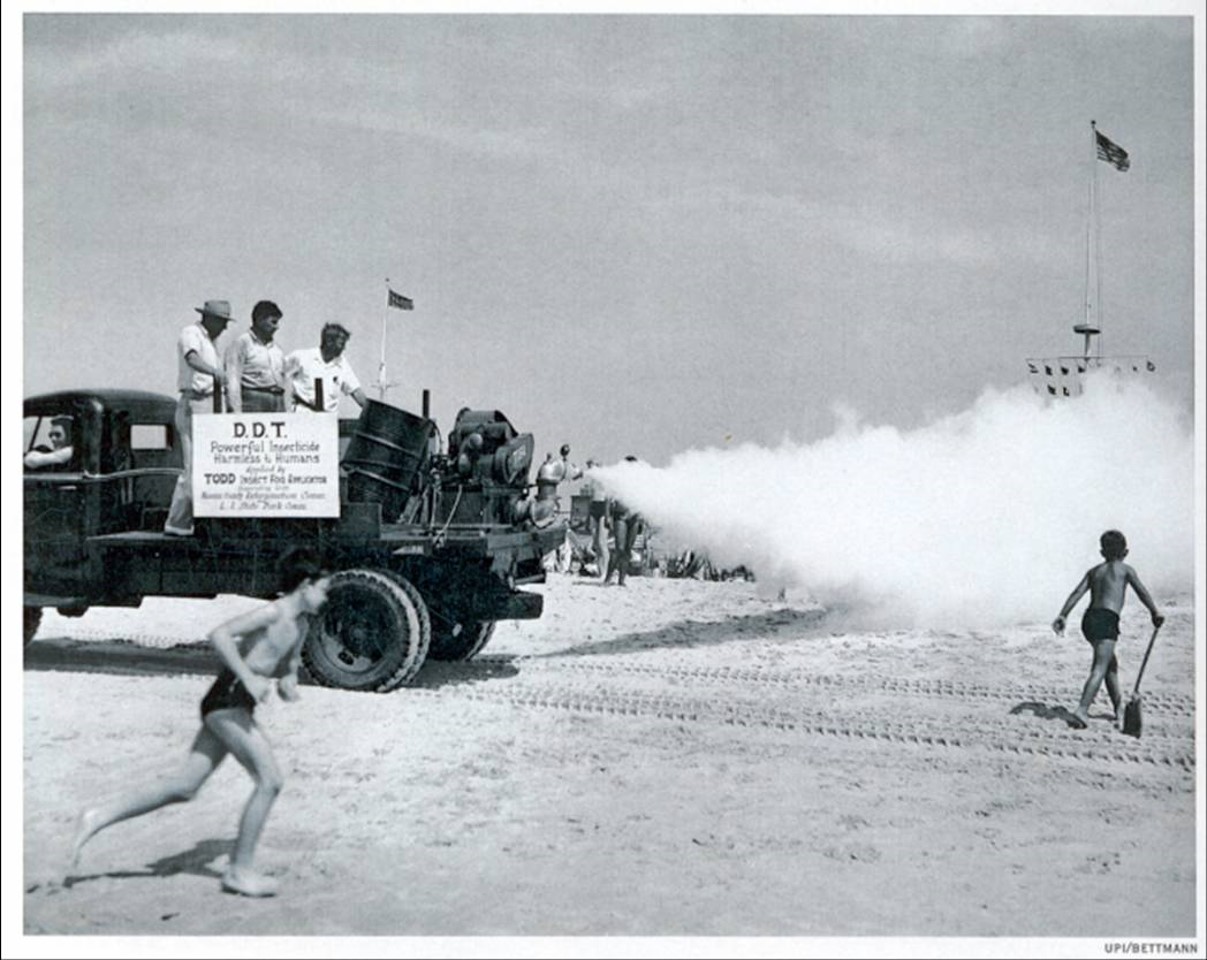Fashion Industry Career Paths: Becoming an Influencer, Editor, or Consultant
Fashion industry career paths: become an influencer, editor, or consultant
The fashion industry offer diverse and exciting career opportunities for those with passion, creativity, and determination. Whether you dream of showcasing styles as a fashion nova influencer, curate content as a fashion editor, or guide clients as a fashion consultant, each path requires specific skills and strategies. This comprehensive guide explores how to break into these fashion careers and build a successful presence in the industry.

Source: netinfluencer.com
Build your foundation in fashion
Before specialize in any fashion career path, establish a solid foundation of industry knowledge is essential.
Develop fashion expertise
Understand fashion fundamentals serve as the cornerstone for any industry career:
- Study fashion history, current trends, and future predictions
- Learn about fabrics, textiles, and garment construction
- Familiarize yourself with major designers, brands, and fashion houses
- Stay update on seasonal collections and fashion weeks worldwide
- Develop a train eye for style, proportion, and aesthetic harmony
Formal education vs. Self learning
While formal education provide structure, self direct learning offer flexibility:
-
Formal education options:
Fashion merchandising, fashion journalism, fashion design, or marketing degrees -
Self learn approaches:
Online courses, fashion books, industry publications, and analyze runway shows -
Practical experience:
Internships, entry level positions, or assist establish professionals
Develop essential soft skills
Beyond fashion knowledge, certain soft skills prove invaluable across all fashion careers:
- Communication skill for articulate ideas and collaborate with others
- Network abilities to build industry relationships
- Time management and organization for meeting deadlines
- Adaptability to keep pace with speedily change trends
- Creative problem solve for overcome industry challenges
How to become a fashion nova influencer
Fashion nova has revolutionized influencer marketing, create opportunities for fashion enthusiasts to partner with the brand and showcase their styles.
Understand the fashion nova brand
Before pursue a partnership with fashion nova, understand what they represent:
- Fast fashion brand know for trendy, affordable clothing
- Strong social media presence, especially on Instagram
- Celebrity collaborations and influencer partnerships
- Target demographic mainly include fashion advancing young adults
- Bold, confident aesthetic emphasizing body positivity
Build your personal brand
Create a distinctive personal brand increase your appeal to fashion nova:
- Define your unique style aesthetic and voice
- Maintain consistency in your content and post schedule
- Develop photography skills or partner with photographers
- Create a cohesive feed with thoughtful color schemes and themes
- Engage genuinely with followers to build community
Grow your social media presence
Fashion nova principally scout influencers through their social platforms:
- Focus on Instagram as your primary platform
- Post high quality photos showcase your style
- Use relevant hashtags include – nova babe and -nova starr
- Engage with fashion nova’s content regularly
- Tag the brand in posts feature their items
- Expand to TikTok and YouTube for additional reach
Approach fashion nova for collaboration
When you’ve built a solid following, consider these approaches:
- Apply through their ambassador program on their website
- Direct message their influencer account with your media kit
- Network with current fashion nova influencers for referrals
- Create content feature their products to demonstrate potential value
- Prepare a professional media kit highlight your engagement metrics
Succeed as a fashion nova influencer
Once you havsecuredre a partnership, maintain and grow your relationship:
- Deliver high quality content that align with brand guidelines
- Meet deadlines and posting requirements systematically
- Track performance metrics to demonstrate your value
- Maintain authenticity while promote products
- Continue to grow your audience to increase partnership opportunities
How to become a fashion editor
Fashion editors curate content, spot trends, and shape the narrative of fashion publications, websites, or brands.
Educational background for fashion editors
While not invariably mandatory, relevant education provide advantages:
- Degrees in journalism, communications, fashion journalism, or English
- Courses in fashion history, trend forecasting, and visual communication
- Write workshops to hone clear, engage prose
- Photography and layout design understanding
- Digital media training for online publications
Build essential skills
Fashion editors need a specific skill set to excel:
- Strong writing and edit abilities
- Visual storyteller through editorial direction
- Trend identification and analysis
- Project management for editorial calendars
- Team leadership and collaboration
- Interview techniques for designers and industry figures
Gain relevant experience
Experience prove crucial for aspire fashion editors:
- Internships at magazines, digital publications, or fashion brands
- Assistant positions to establish fashion editors
- Contribute articles to smaller publications or blogs
- Create a fashion blog or newsletter to showcase your editorial voice
- Volunteering for fashion show coverage or event report
Build a portfolio
A strong portfolio demonstrate your editorial capabilities:
- Publish articles and editorial work
- Original fashion write samples
- Editorial photoshoot concepts you’ve direct
- Trend reports and analysis pieces
- Interviews with industry professionals
Network in editorial circles
Connections oftentimes lead to opportunities in fashion editing:
- Attend industry events, fashion weeks, and press previews
- Connect with editors, writers, and photographers on LinkedIn
- Join professional organizations like the American society of magazine editors
- Participate in journalism and fashion conferences
- Maintain relationships with PR professionals and brand representatives
Career progression path
Understand the typical career trajectory help set realistic goals:
- Editorial assistant / intern → assistant editor → associate editor
- Senior editor → managing editor → editor-in-chief
- Specialized roles like fashion news editor or features editor
- Potential transition to digital content direction or brand editorial
How to become a fashion consultant
Fashion consultants provide expert guidance to individuals, brands, or retailers on style, trends, and strategic direction.
Types of fashion consulting
The fashion consulting field offer several specializations:
- Personal styling for individual clients
- Brand consulting for fashion companies
- Retail consulting for stores and boutiques
- Trend forecasting for design teams
- Image consulting for public figures or executives
Building industry expertise
Comprehensive knowledge from the foundation of consult success:

Source: influence insider.com
- Develop deep understanding of garment construction and quality
- Study body types, proportions, and flattering silhouettes
- Master color theory and seasonal color analysis
- Stay current on emerge designers and evolving trends
- Understand retail operations and merchandising strategies
Obtain relevant credentials
While not invariably require, credentials enhance credibility:
- Fashion merchandising or design degrees
- Certification from organizations like the association of image consultants international
- Specialized courses in personal styling or fashion business
- Color analysis certification
- Visual merchandising training
Gain practical experience
Hands-on experience provide invaluable learning opportunities:
- Retail positions in fashion boutiques or department stores
- Style assistant roles for establish consultants
- Wardrobe department work in theater or film
- Visual merchandising positions
- Fashion buy assistant roles
Establish your consulting business
When ready to launch your consulting practice, consider these steps:
- Define your niche and target clientele
- Create a business plan with service offerings and pricing
- Develop a professional website showcase your expertise
- Build a portfolio of before and after transformations
- Establish systems for client intake, consultations, and follow-ups
- Consider legal structures and necessary business licenses
Market your consulting services
Effective marketing attract ideal clients:
- Create a distinctive brand identity
- Showcase transformations on social media
- Network with complementary professionals (photographers, makeup artists )
- Offer workshops or speak engagements
- Write articles or create content demonstrate your expertise
- Consider strategic partnerships with boutiques or brands
Build your professional network
Across all fashion career paths, network remain a crucial success factor.
Industry events and fashion weeks
Fashion gatherings provide prime network opportunities:
- Attend fashion weeks, trade shows, and industry conferences
- Participate in panel discussions and workshops
- Volunteer at fashion events to gain access and make connections
- Follow up with new contacts quickly after meetings
Digital networking
Online platforms extend network reach:
- Maintain an active, professional LinkedIn profile
- Engage thoughtfully with industry leaders on social media
- Join fashion focus Facebook groups and online communities
- Participate in virtual events and webinars
Mentorship relationships
Guidance from experienced professionals accelerate growth:
- Identify potential mentors whose careers you admire
- Approach mentorship requests respectfully with specific goals
- Offer value in exchange for mentorship
- Maintain regular communication and express gratitude
Navigate challenges in fashion careers
Understand common obstacles help prepare for success.
Industry competition
The fashion industry’s competitive nature require strategic positioning:
- Develop a distinctive personal brand or specialization
- Focus on quality over quantity in your work
- Build a reputation for reliability and professionalism
- Endlessly upgrade your skills and knowledge
Work-life balance
Fashion careers oftentimes demand irregular hours and high pressure:
- Establish clear boundaries when possible
- Practice time management and prioritization
- Build support systems both personally and professionally
- Schedule regular self-care and creative rejuvenation
Financial stability
Early career stages may present financial challenges:
- Consider supplementary income sources while build your career
- Budget cautiously for industry necessities
- Invest strategically in quality equipment or education
- Explore diverse revenue streams within your specialty
Stay relevant in a change industry
The fashion industry evolves speedily, require continuous adaptation.
Embrace technology
Digital tools transform fashion careers:
- Master relevant software (adobe creative suite, digital publishing platforms )
- Understand social media algorithms and best practices
- Explore emerge technologies like AR / VR for fashion
- Develop basic video production and editing skills
Sustainability awareness
Ethical considerations progressively influence fashion:
- Educate yourself on sustainable materials and practices
- Understand ethical supply chain considerations
- Follow brands pioneer responsible approaches
- Consider how to incorporate sustainability into your work
Continuous learning
Ongoing education maintain career momentum:
- Subscribe to industry publications and newsletters
- Attend workshops and masterclasses
- Follow thought leaders and innovators
- Seek feedback and remain open to growth
Conclusion
Whether you aspire to become a fashion nova influencer showcase the latest trends, a fashion editor shape industry narratives, or a fashion consultant guide clients to their best style, the fashion industry offers exciting possibilities for those willing to invest in their development. By build a strong foundation of knowledge, develop specialized skills, create a distinctive personal brand, and nurture professional relationships, you can forge a successful path in your choose fashion career.
Remember that persistence prove essential in this competitive field. Many successful fashion professionals face rejection and setbacks before achieve their goals. Stay committed to continuous improvement, remain adaptable to industry changes, and maintain authentic passion for fashion. With dedication and strategic planning, you can transform your fashion career aspirations into reality.



